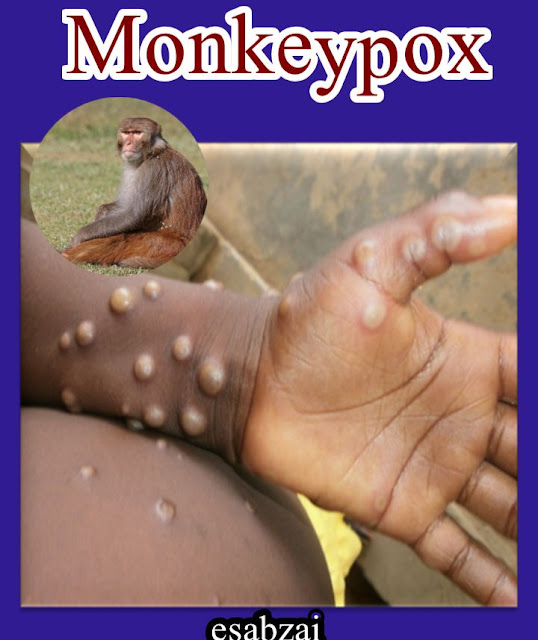Zulfiqar Ali Bhutto was a Pakistani politician who served as the Prime Minister of Pakistan from 1973 to 1977. He was born on January 5, 1928, in Larkana, Sindh, British India. Bhutto was the founder of the Pakistan People's Party (PPP) and is widely regarded as one of the most influential politicians in Pakistan's history. Bhutto was educated at the University of California, Berkeley, and later at the University of Oxford, where he earned a degree in law. He entered politics in the 1950s, and quickly rose through the ranks of the Pakistan Muslim League (PML). He served as the Minister of Fuel, Power, and Natural Resources in the cabinet of President Ayub Khan, but resigned in protest against what he saw as Khan's authoritarian rule. In 1967, Bhutto left the PML and founded the PPP, which quickly gained popularity among the masses. Bhutto's populist message and his emphasis on socialism, democracy, and nationalism struck a chord with many Pakistanis, who were disillusio...





Comments
Post a Comment